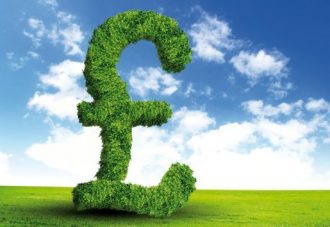These figures will make good reading for those with a long-term investment horizon, who choose to ignore the noise surrounding rising profits and a growing share price to instead seek companies with robust governance structures. Petrobras is one example of the corruption that can take place in poorly governed companies, which can do more damage than a short-term fall in share price.
Of course, such failings are not limited to developing nation companies. Don’t forget that in Germany, Europe’s largest economy, car-maker Volkswagen received huge fines and an executive was jailed over software that tricked tests into believing that its diesel cars were complying with emission regulations.
And who could forget energy giant Enron, which, despite having $63.4bn of assets, went bust in 2001 in what was at the time the US’ largest corporate bankruptcy. Hiding billions of dollars of debt and losses from investors was blamed. This was followed a year later by telecommunications group WorldCom, which wiped out its shareholders after a $3.9bn accounting scandal was uncovered.
The issue for many is that despite its failings, governance in the developed world is still seen as more robust than that adopted in the emerging markets. “There are a lot of standards in the emerging markets which are not in line with the other regions,” says Lucia Meloni, a SRI and corporate governance analyst at Candriam Investors Group.
This is a problem also highlighted by Rob Marshall-Lee, who leads the emerging market and Asian equities team at Newton Investment Management.
“In the Western world the institutional framework is quite strong so the difference between the good and bad companies, in terms of adding value and investing at a return of capital above the cost of capital, is quite well embedded,” he says. “In emerging markets there is a much bigger difference between the good and the bad companies and everything in between.”




